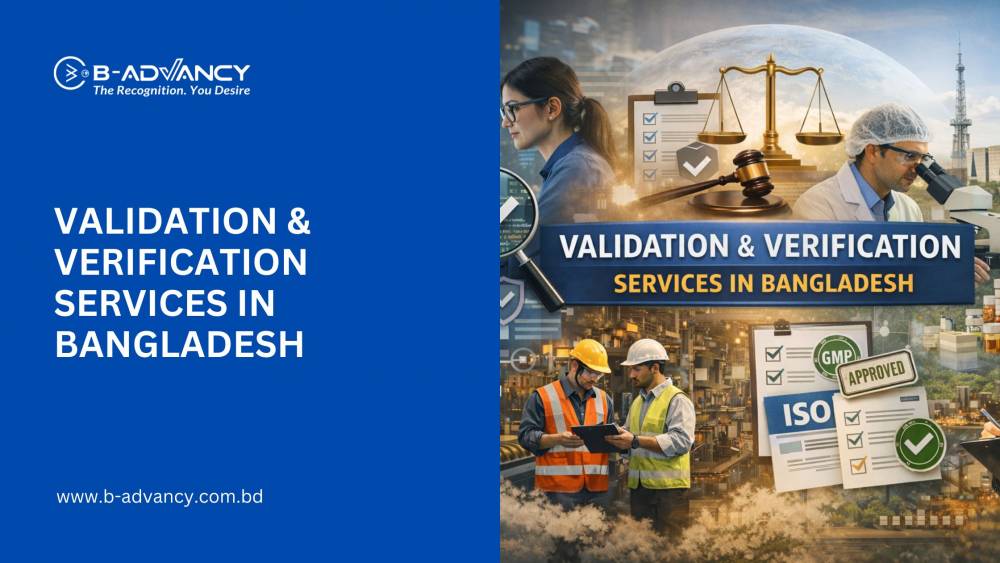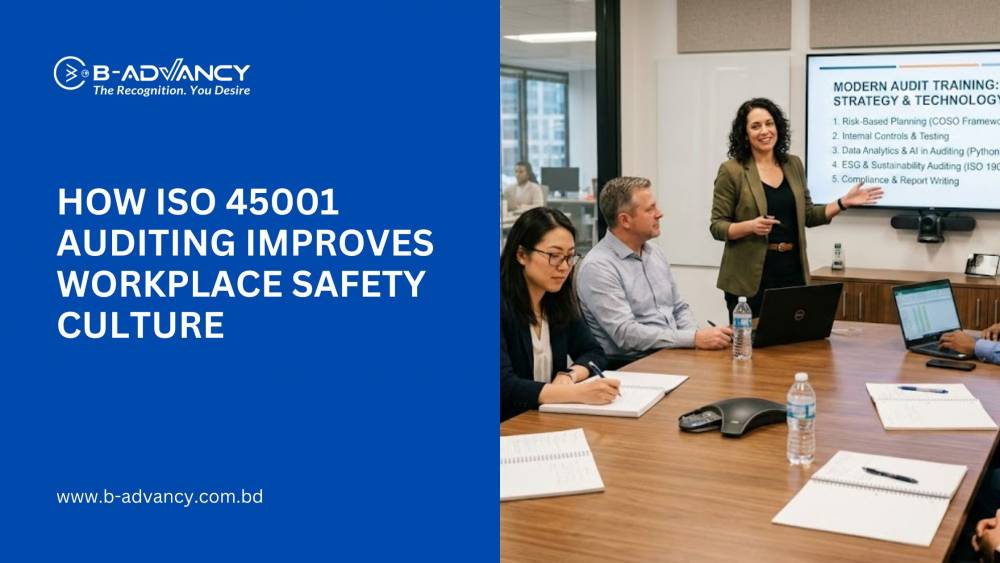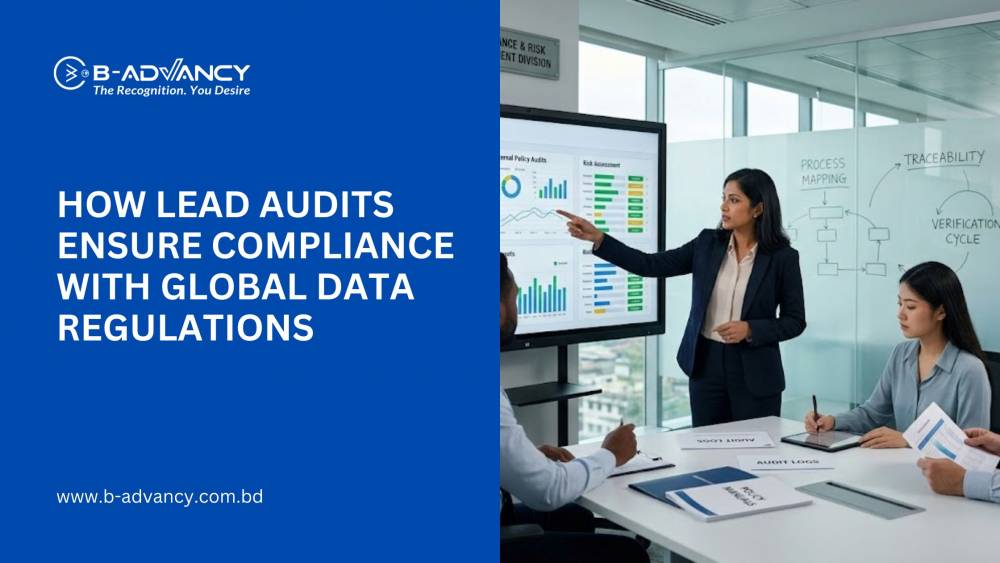In today’s technologically advanced world, Electrostatic Discharge (ESD) poses a significant risk to electronic components, particularly in industries like electronics manufacturing, where even a tiny discharge can cause substantial damage. To mitigate these risks, the ESD S20.20 standard has been developed as a comprehensive framework for managing and controlling electrostatic discharge in sensitive environments. This blog will explore the importance of ESD S20.20, the key components of the standard, its benefits, and how B-Advancy Certification Limited can assist organizations in achieving compliance. We will also reference relevant Bangladesh regulations, particularly in the logistics industry, to provide a broader context.
What is ESD S20.20 and Why is it Important?
ESD S20.20 is a quality management standard developed by the Electrostatic Discharge Association (ESDA) to prevent damage to sensitive electronic components caused by electrostatic discharge. This standard outlines a systematic approach to identifying ESD risks, implementing controls, and ensuring the ongoing effectiveness of these controls. Compliance with ESD S20.20 is critical for industries that deal with electronics, as it helps reduce product failures, enhances reliability, and improves overall product quality.
For companies in Bangladesh, where the electronics industry is growing, implementing ESD S20.20 can be a strategic advantage. It not only safeguards products but also aligns with global best practices, making Bangladeshi products more competitive in international markets.
Key Components of ESD S20.20
-
ESD Control Program Plan (ECPP):
-
This is the foundation of the ESD control strategy, detailing the roles, responsibilities, and procedures for managing ESD risks within the organization.
-
Training and Personnel Awareness:
-
Ensuring that all personnel handling ESD-sensitive devices are trained in ESD precautions is crucial. The standard mandates regular training programs to maintain awareness and compliance.
-
ESD Control Procedures:
-
These include specific measures such as grounding systems, ionization, protective packaging, and environmental controls that help minimize ESD incidents.
-
Process Requirements:
-
ESD S20.20 specifies controls for handling, producing, testing, and transporting ESD-sensitive items, ensuring that every step in the production process is protected.
-
Compliance Audits and Monitoring:
-
Regular audits and monitoring are required to verify the effectiveness of the ESD control program. This ensures continuous improvement and adherence to the standard.
Implementation and Certification with B-Advancy Certification Limited
Achieving compliance with ESD S20.20 involves a structured approach:
-
Initial Assessment and Gap Analysis:
-
B-Advancy Certification Limited conducts an initial assessment to identify gaps between current practices and the requirements of ESD S20.20. For expert guidance and certification services, contact B-Advancy Certification Limited at bangladesh@b-advancy.com or call +8801612264559.
-
Developing the ESD Control Program:
-
Based on the gap analysis, a tailored ESD control program is developed, aligning with the standard’s requirements.
-
Training and Implementation:
-
Comprehensive training is provided to all relevant personnel, ensuring that the ESD control measures are effectively implemented.
-
Internal Audits:
-
Regular internal audits are conducted to ensure ongoing compliance and identify areas for improvement.
-
Certification Audit:
-
Finally, B-Advancy Certification Limited conducts an external audit to assess compliance. Upon successful completion, the organization is awarded ESD S20.20 certification.
Benefits of ESD S20.20 Certification
-
Enhanced Product Quality: ESD S20.20 helps in reducing product failures, leading to higher reliability and customer satisfaction.
-
Improved Operational Efficiency: The standard promotes the efficient handling of ESD-sensitive devices, reducing downtime and operational disruptions.
-
Competitive Advantage: Certification demonstrates a commitment to quality, giving businesses an edge in the global market.
-
Compliance with Industry Standards: For industries where ESD control is critical, certification is often a prerequisite for doing business with certain clients or in certain regions.
Bangladesh Rules and Regulations on ISO Certification in the Logistics Industry
While ESD S20.20 is primarily focused on electronics, understanding the broader regulatory context in Bangladesh can provide insights into the importance of adhering to international standards. In the logistics industry, compliance with ISO standards is critical to ensuring quality, safety, and efficiency in operations.
The Bangladesh Standards and Testing Institution (BSTI) plays a pivotal role in regulating standards across various industries, including logistics. Although specific regulations on ESD might not be directly mentioned, the emphasis on quality management aligns with the goals of ESD S20.20.
Moreover, the Ministry of Commerce and the Bangladesh Accreditation Board (BAB) oversee the accreditation and certification processes, ensuring that industries adhere to international standards. For more information on Bangladesh’s regulatory framework, you can visit the official websites of the BSTI here and the BAB here.
Conclusion
Implementing ESD S20.20 is crucial for industries dealing with sensitive electronic components. It not only protects products from damage but also aligns businesses with international standards, enhancing their credibility and marketability. With the support of B-Advancy Certification Limited, organizations in Bangladesh can navigate the complexities of ESD S20.20 certification, ensuring compliance and reaping the long-term benefits of improved quality and operational efficiency. Whether you are in electronics, logistics, or any other sector where quality management is critical, ESD S20.20 provides a robust framework for protecting your products and business.
By implementing standards like ESD S20.20 and complying with relevant regulations, Bangladeshi industries can position themselves for success in the global market, ensuring safety, reliability, and customer satisfaction.





































































































































































































